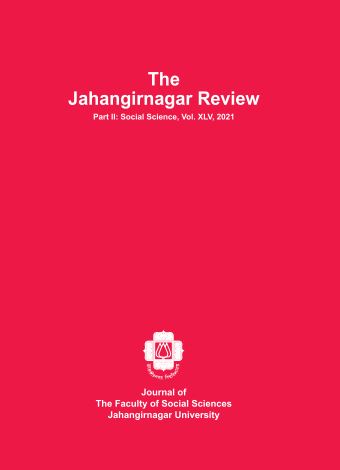Quest for Parliamentary Ombudsman in Bangladesh: An Analysis
Main Article Content
Abstract
In an effort to entrench democracy and instil practices of good governance, Governments and administrations the world over have been pressurised to be transparent and accountable. While there have long been executive complaints procedures and the possibility to judicially review maladministration, none of these options offer the impartiality, flexibility, speed and cost-effectiveness of an Ombudsman. The effectiveness of this institution has meant that more than a 100 countries now have such an office.
The need for an Ombudsman in Bangladesh has been felt ever since Independence. When the Constitution of the People’s Republic of Bangladesh came into force on 4 November, 1972, it provided than an Ombudsman may be established under Article 77. In pursuance of this article, the ‘Jatiyo Sangshad’ (National Parliament) passed the Ombudsman Act, 1980. However, the office of Parliamentary Ombudsman has not yet been established and the provisions of the Act have remained dormant and grown stale. This has acted as an impediment to national aspirations for transparent, accountable government.
This paper provides an overview of the nature of Ombudsmen in general, its genesis in Bangladesh and analyses the role a Parliamentary Ombudsman may play in facilitating ‘good governance’ in the country, if established.

